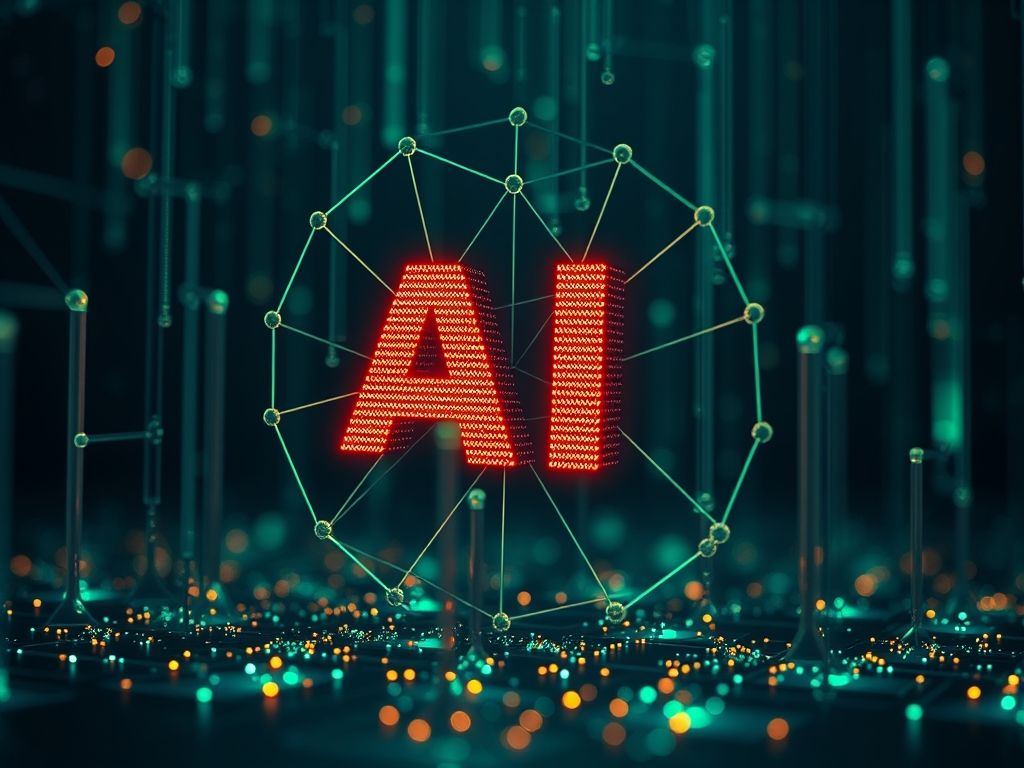AI Use Cases: A Comprehensive Glossary
Artificial Intelligence (AI) has evolved significantly over the years, integrating seamlessly into various sectors, particularly in Information Technology, robotics, and web development. The term AI Use Cases refers to specific applications where AI technologies are employed to solve problems, enhance efficiencies, or create innovative solutions. Understanding AI use cases is crucial for professionals in the field, as it allows them to leverage these technologies effectively and stay at the forefront of technological advancements.
Understanding AI Use Cases
AI use cases can be categorized in numerous ways, including by industry, technology type, and problem-solving approach. By exploring these categories, professionals can identify which AI technologies can be integrated into their own workflows. For instance, a web developer may look to AI for improving user experience, while a server administrator might focus on AI-driven security enhancements. This section delves into the core aspects of AI use cases, including their significance and the value they bring to various sectors.
Key Types of AI Use Cases
AI use cases can be broadly categorized into several key types that address different needs:
- Automation: Automating repetitive tasks to improve efficiency. For example, AI can automate data entry processes, allowing developers to focus on more complex coding tasks.
- Predictive Analytics: Using AI to analyze data and predict future trends. This is particularly useful in IT for forecasting server loads and optimizing resource allocation.
- Natural Language Processing (NLP): Enabling machines to understand and respond to human language. Chatbots and virtual assistants utilize NLP to enhance customer service.
- Computer Vision: Allowing computers to interpret visual information. This technology is used in facial recognition systems and autonomous vehicles.
Real-World Examples of AI Use Cases
To illustrate the practical applications of AI use cases, here are some real-world examples:
- Healthcare: AI is used in diagnostic imaging, where algorithms analyze X-rays and MRIs to identify anomalies more quickly and accurately than human radiologists.
- Finance: In financial institutions, AI algorithms detect fraudulent transactions in real-time by analyzing transaction patterns and user behaviors.
- Retail: E-commerce platforms utilize AI to create personalized shopping experiences, offering product recommendations based on user behavior and preferences.
- Manufacturing: AI-driven robots are employed in assembly lines to perform tasks such as quality control and predictive maintenance, enhancing productivity.
Applications of AI in Daily Tasks
Implementing AI in everyday tasks can significantly enhance productivity and efficiency. Here are some practical applications for IT professionals:
- Code Review: AI tools can analyze code for errors or vulnerabilities, streamlining the review process for developers.
- Server Management: AI solutions can optimize server performance by predicting traffic spikes and adjusting resources accordingly.
- Customer Support: Implementing chatbots can reduce response times for customer inquiries, allowing support teams to focus on complex issues.
- Data Analysis: AI can automate the analysis of large datasets, providing insights that inform business decisions.
Related Concepts in AI
Understanding AI use cases also involves familiarizing oneself with related concepts. Here are some important terms that connect to AI use cases:
- Machine Learning: A subset of AI that enables systems to learn from data and improve over time without explicit programming.
- Deep Learning: A branch of machine learning that uses neural networks to analyze various forms of data, including images and sound.
- Robotics: The field that combines AI with physical machines, enabling robots to perform tasks in various environments.
- Big Data: The vast volumes of data that AI systems analyze to extract meaningful insights, often used in conjunction with machine learning.
Conclusion: Embracing AI Use Cases for Future Success
In conclusion, understanding and implementing AI use cases is essential for professionals in technology, particularly in IT and web development. By exploring different types of AI applications and integrating them into daily tasks, individuals and organizations can enhance their operational efficiency and innovate in their respective fields. As AI technologies continue to evolve, staying informed about these use cases will empower professionals to leverage AI effectively, ensuring their relevance in an increasingly automated future.
As you navigate the landscape of AI, consider how you can apply these insights in your daily work. Reflect on the areas where AI could enhance your efficiency or solve complex problems, and take the first steps toward integrating these powerful tools into your processes.









